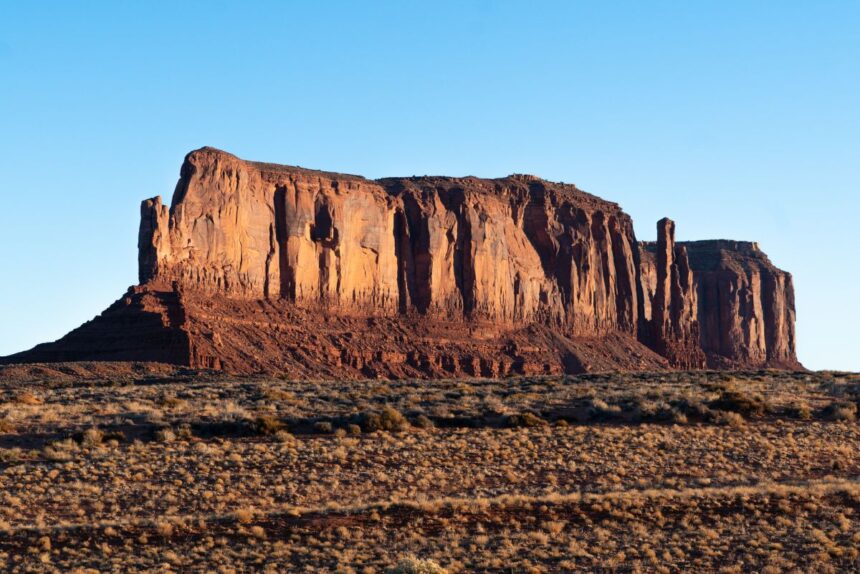Water is an essential resource, not only for human survival but also for various economic activities, from agriculture to energy production. In the United States, the issue of water rights is a convoluted matter that becomes even more complex when it involves Native American tribes.
Over the years, a series of legal settlements have sought to resolve these long-standing disputes, but not without controversy.
Lakota Mika
One often-overlooked aspect is how private interests have found ways to benefit from these tribal water settlements, often at the expense of Native communities.
Historical Context of Tribal Water Rights
Tribal water rights are rooted in the “Winters Doctrine,” a federal law framework established in the early 20th century through the Supreme Court case Winters v. United States. This doctrine acknowledged that Native American reservations have implicit water rights dating back to their establishment.

Tribal water rights refer to the legal allocation of water resources to Native American tribes, often based on historical treaties and legal frameworks like the Winters Doctrine.
The Legal Landscape of Tribal Water Settlements
Over the past few decades, the United States has seen a wave of tribal water settlements, such as the Arizona Water Settlements Act of 2004 and the Montana Water Rights Protection Act of 2020. These acts have served to codify the allocation of water resources to various Native American tribes. However, these settlements are often complicated by the involvement of state governments, federal agencies, and private entities, each with their interests and agendas.
How Corporations Enter the Fray
What is notably concerning is how private corporations manage to get a seat at the table during these negotiations. In several instances, private entities have managed to secure beneficial contracts, often under the guise of offering technical expertise or financial investment in water infrastructure projects. For instance, private utility companies have been contracted to manage water supplies, while agricultural corporations have secured long-term water leases, often at rates advantageous to them but detrimental to the tribal communities.

Private corporations often become involved in tribal water settlements by offering technical expertise, financial investments, or through lobbying efforts, thereby securing contracts or leases that are beneficial to them.
Instances of Private Profiteering
Numerous instances highlight the manner in which private interests have gained from tribal water settlements. Companies involved in mining, agriculture, and even bottled water have navigated the legal landscape to gain access to valuable water rights. These rights are then used for profit-driven operations, often resulting in ecological harm and resource depletion, thereby exacerbating the challenges faced by Native communities.
Environmental Costs of Private Interests
The involvement of profit-driven entities in tribal water settlements also has significant environmental implications.
Commercial operations such as mining or large-scale agriculture often result in water pollution and depletion of aquifers.
Alaqua Atohi
While corporations may face fines or sanctions, these are often negligible compared to the profits generated, creating a moral hazard where the ecosystem bears the brunt of the cost.
Legal Reforms and Ethical Considerations
With an increasing awareness of the issue, there is a growing call for reforming the legal frameworks that govern tribal water settlements. This includes greater transparency in negotiations and stricter environmental guidelines. Most importantly, there is a need to prioritize the voices of Native communities in these discussions to ensure that settlements are not only legally sound but also ethically justifiable.

Yes, there is a growing awareness and call for legal reforms to ensure greater transparency, ethical considerations, and inclusion of Native communities in the negotiation process.
A Call for Equitable Distribution and Accountability
The issue of private interests benefiting from tribal water settlements in Native America is not just a legal concern but a moral one. It raises questions about exploitation, equity, and the very essence of justice. For tribal water settlements to serve their intended purpose of ensuring fair water allocation, there needs to be a reevaluation of the role that private interests play in these agreements. Until that occurs, the scales will continue to tip in favor of those who view water not as a shared resource but as a commodity to be exploited.




















